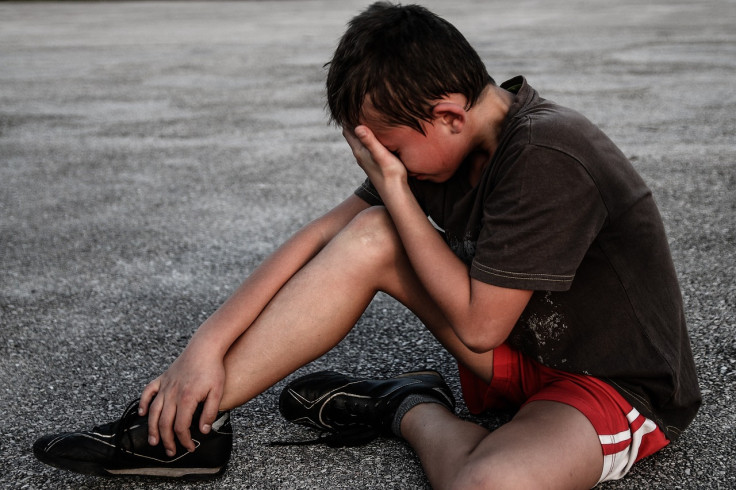Childhood Bullying Can Increase Mental Health Risk By Three Times: Study

Children who get bullied at the age of 11 develop strong interpersonal distrust as they grow and are at threefold risk of developing mental health issues by their late teens, a study has found.
The study, co-led by UCLA Health and the University of Glasgow, suggests that social threats, such as bullying, may influence the child's mental health by fostering beliefs that others cannot be trusted or that the world is hostile, dangerous, or unpredictable. These beliefs lead to the development of mental health problems, such as anxiety, depression, hyperactivity, and anger in later years.
The findings were published in the journal Nature Mental Health.
Previous studies have shown the potential link between childhood bullying and mental health issues, such as depression, substance abuse, anxiety, and self-harm. However, the current study confirmed the pathway of how bullying leads to distrust and eventually develops into mental health issues.
Researchers evaluated a sample population of around 10,000 children in the U.K. who were part of the Millennium Cohort Study and found that children bullied at age 11 developed greater interpersonal distrust by age 14. The study showed that they were around 3.5 times more likely to experience clinically significant mental health concerns by the age of 17 in comparison to those who developed less distrust.
"There are few public health topics more important than youth mental health right now," said Dr. George Slavich, who directs UCLA Health's Laboratory for Stress Assessment and Research.
"In order to help teens reach their fullest potential, we need to invest in research that identifies risk factors for poor health and that translates this knowledge into prevention programs that can improve lifelong health and resilience," Slavich added.
He hopes that their findings could help academic institutions develop new evidence-based interventions to counter the negative mental health impacts of bullying.
"What these data suggest is that we really need school-based programs that help foster a sense of interpersonal trust at the level of the classroom and school. One way to do that would be to develop evidence-based programs that are especially focused on the transition to high school and college, and that frame school as an opportunity to develop close, long-lasting relationships," Slavich said.



























